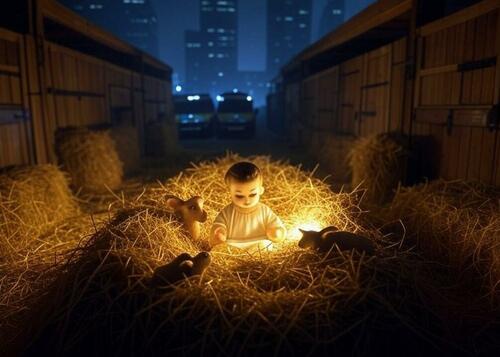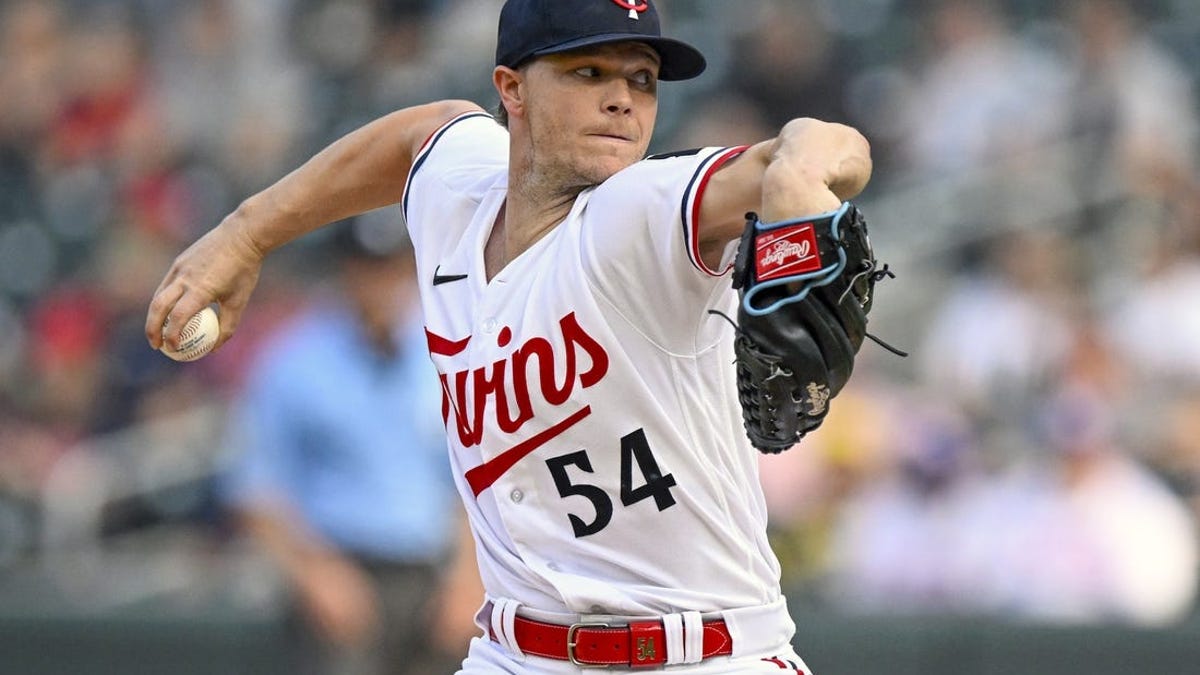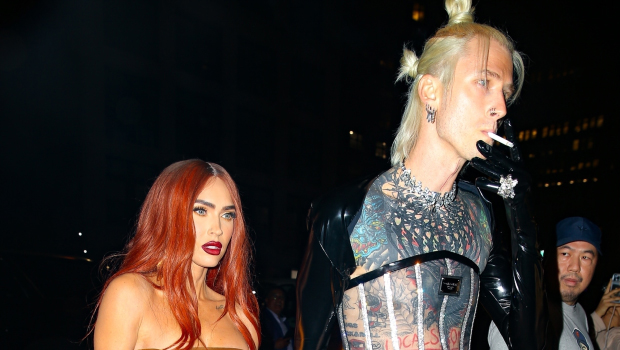Every Diwali, I am reminded of two unsettling scenes from the past. The first one unfolded on 12 November 2007 during then prime minister Manmohan Singh’s visit to Moscow. I, along with other journalists, had gone to Moscow to cover the visit. The Indian embassy arranged a dinner at “Naseeruddin” for a few people. The restaurant’s two claims to fame are ballet and cuisine from central Asia. A young girl was performing. Her lovely eyes conveyed a sense of melancholy. I was unaware at the time that I would soon come across a different scene and that it would be quite a contrast, a moment that stuck in my mind forever.
We ate dinner, got into our cars, and drove to the Moskva River. Both sides of the broad roadways were lined with skyscrapers. When the car suddenly stopped at a traffic light, I noticed an elderly woman with an arched back, leaning on a walking stick and trying to cross the road. The brutal Moscow winter had begun and it was snowing. She was battling to advance in the suffocating cold under the shadows cast by the enormous buildings. She was eventually engulfed by those shadows, the stillness, and the winter. After celebrating Diwali, the festival of wealth, three days earlier, we flew from New Delhi to Moscow, where most of the world’s neo-rich reside. In addition to eradicating socialism in this nation, capitalism also doomed that old woman to live in the enduring shadow of misfortune.
The next incident occurred in Delhi almost five years later, two days before Diwali. I’d taken a late-night flight from Ranchi. I saw a woman returning home with her young child on the road right next to a five-star hotel in Chanakyapuri. I’m not sure how far they had to go. There are no settlements for the poor in the vicinity of this wealthy diplomatic area. It appeared mothers and sons were getting swallowed by the shadows cast by tall buildings.
Since then, much water has flowed through the world’s rivers, including the Ganga, Yamuna, Tigris, Euphrates, Moskva, and Rhine, but disparity between the rich and poor has grown. During this time, some good news did arrive. In a most recent report, the International Monetary Fund estimated that India would be able to weather the slowdown despite lowering its projected growth rate. According to the same report, India could become the world’s third-largest economy by 2028. Similarly, according to a UN report released last week, 415 million people in India were lifted out of poverty between 2005-21. Of course, despite the turmoil caused by the covid pandemic and the world, the Modi government has kept up the courage. However, the inequality gap is widening in our country, too. It is necessary to keep an eye on this. The model of Swadeshi may prove successful in overcoming this.
Let’s now talk about the US, regarded by some as a slice of heaven on earth. According to prominent US politician Bernie Sanders: “Three people own more wealth than the poorest 50% of American society, despite the fact that more than 60% of Americans today live paycheck to paycheck. You get it. That means 1, 2, and 3 of them are richer than the bottom 165 million individuals combined.” The same issue is being faced by both China and Europe.
In comparison to the US, India is primarily an agricultural country. According to a government survey conducted three years ago, 25-30 people per minute migrate from villages to cities for food, work, or a better life. If this continues, 60% of the country’s population will live in cities soon. Our cities are already groaning under the weight of overcrowding. Dirty cities and deserted villages will not change our fortunes.
I’d like to draw your attention to these terrifying figures on the occasion of Diwali because we Hindus pray for Kubera alongside Lakshmi on this day. Why? The earliest mention of Diwali, according to Pandurang Vamana Kane, the authoritative scholar of Hindu theology, is found in Vatsyayana’s Kamasutra, where it is described as Yaksha Ratri. Kubera is the hero of Yaksha culture, and he is unquestionably known as the god of wealth.
Although Kuber is the lord of wealth, another aspect of our culture requires us to serve Daridra Narayan. Even the owner of vast wealth was not considered wealthy without this. Swami Vivekananda described the Daridra Narayan as a divine symbol. Hundreds of people are cursed to be daridra (poor) today when only a few new Kubera are emerging. The question is how to bridge this gap. We Indians have been looking for answers to such inconvenient questions. If not today, it will be tomorrow; we will solve this puzzle on our own. With this noble hope, I wish you all a joyous Diwali!
Shashi Shekhar is editor-in-chief, Hindustan. Views are personal.
Download The Mint News App to get Daily Market Updates.
More
Less















